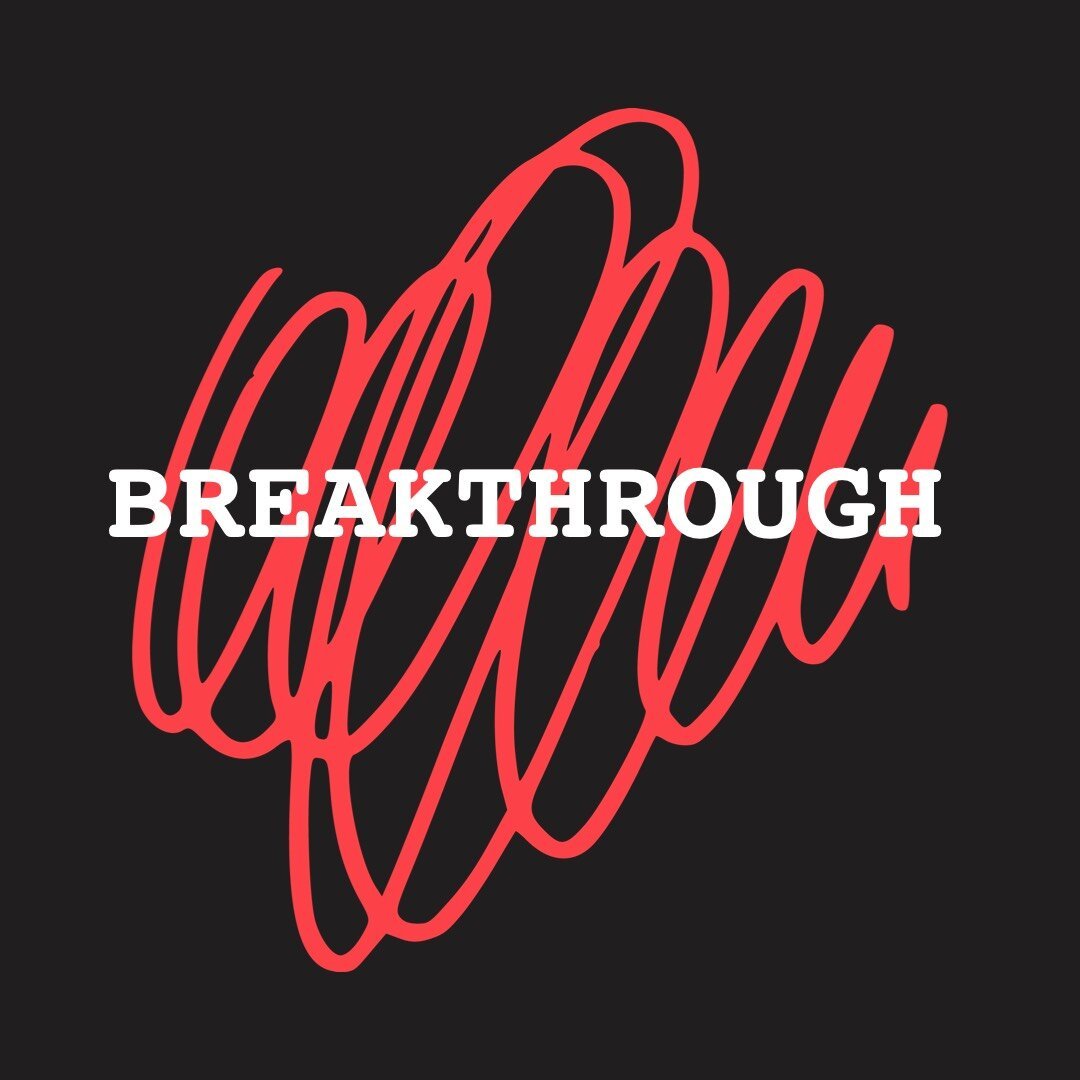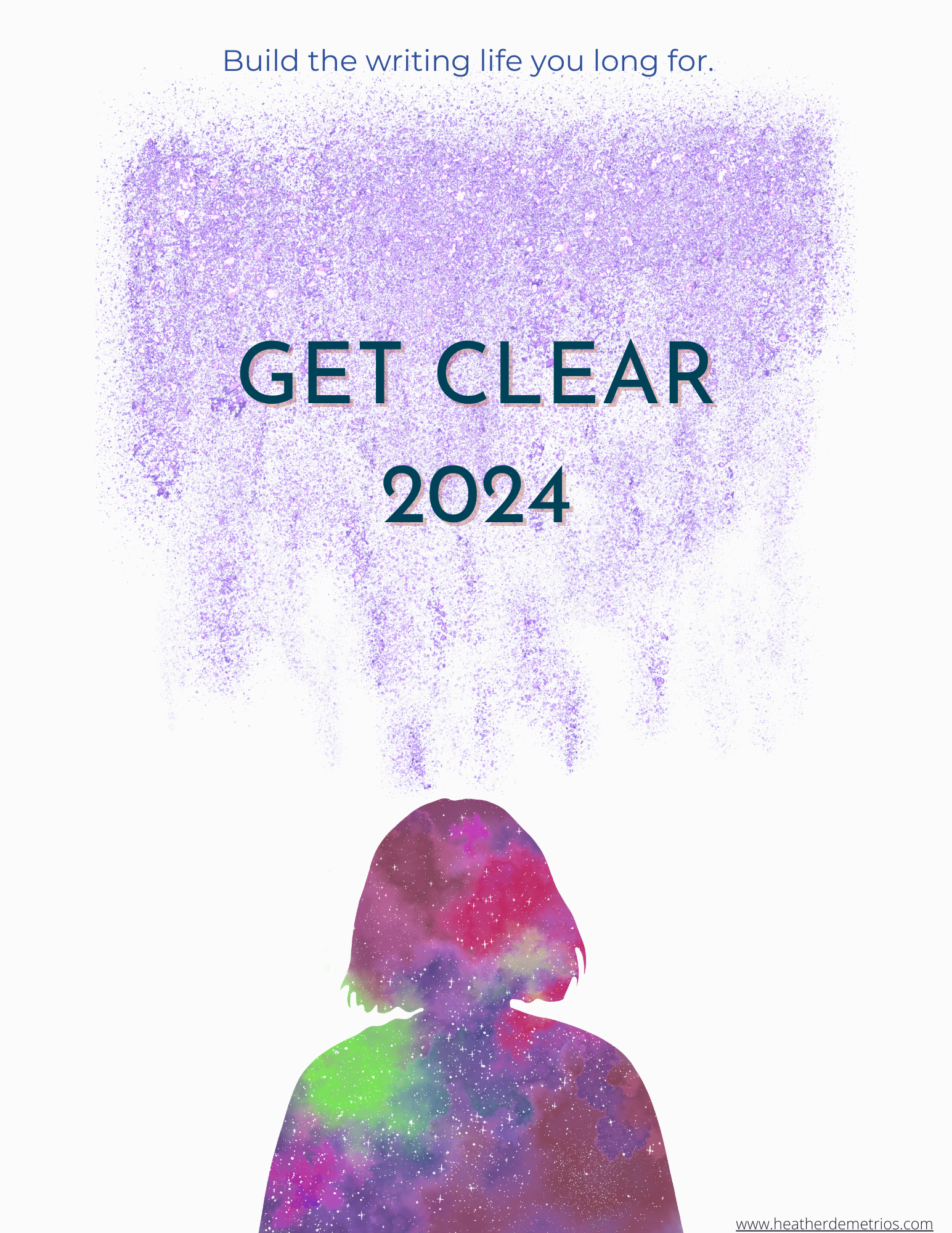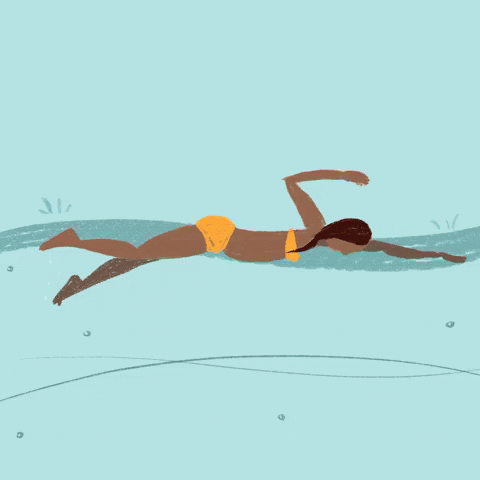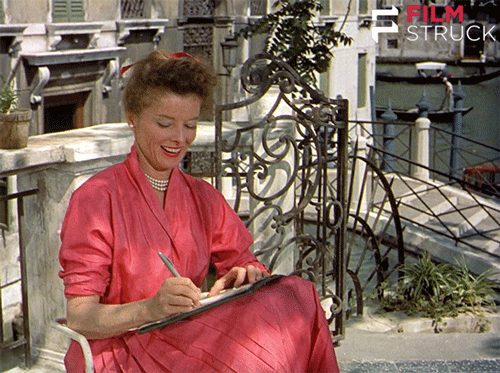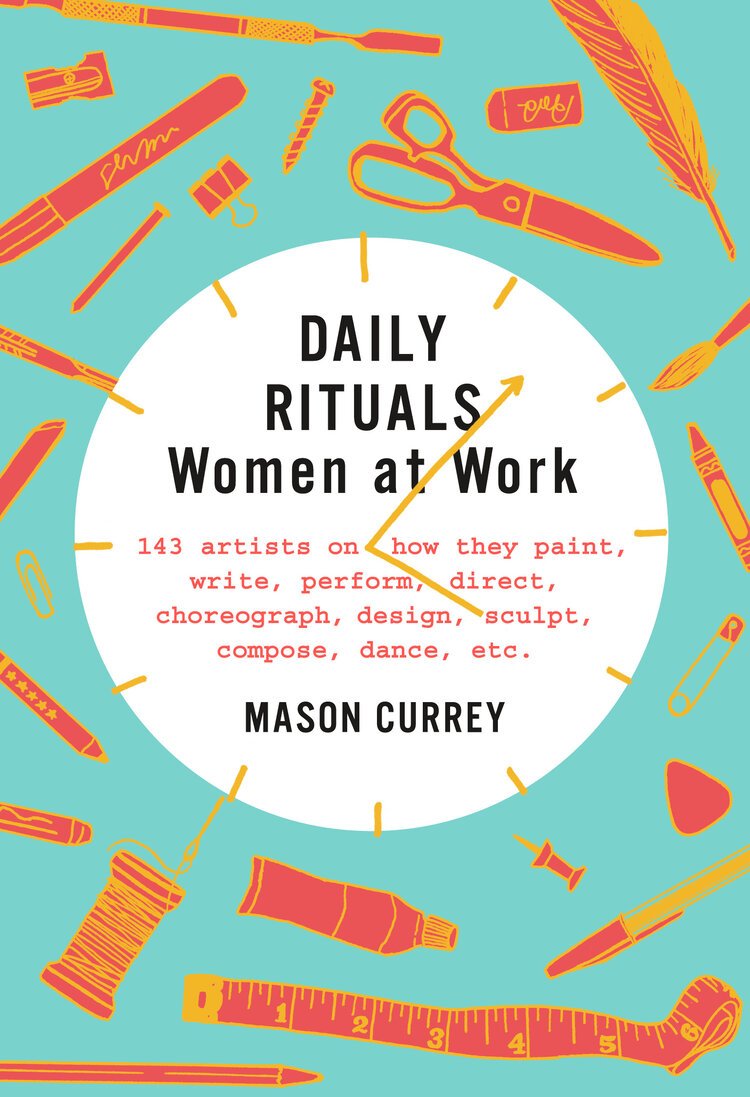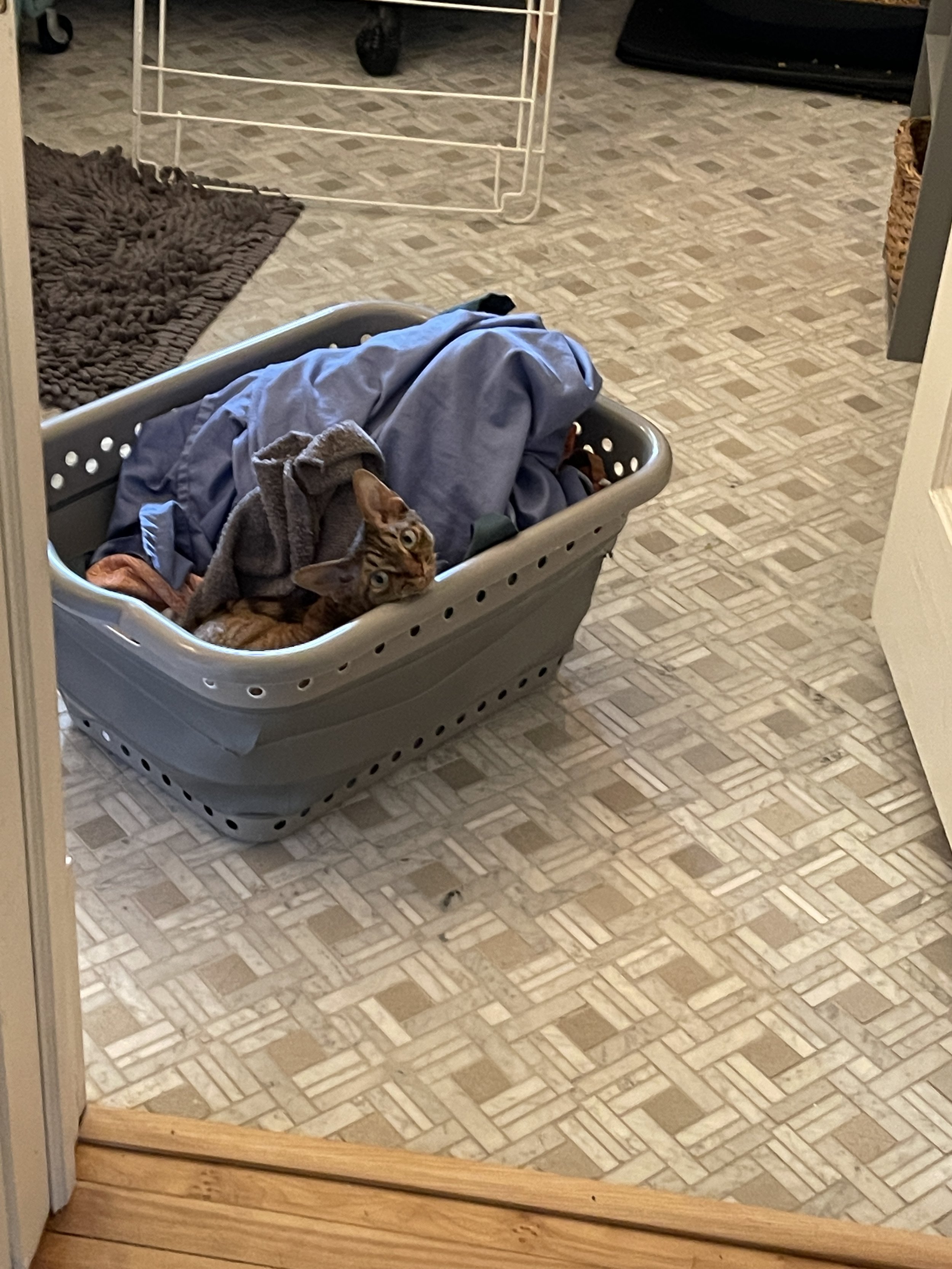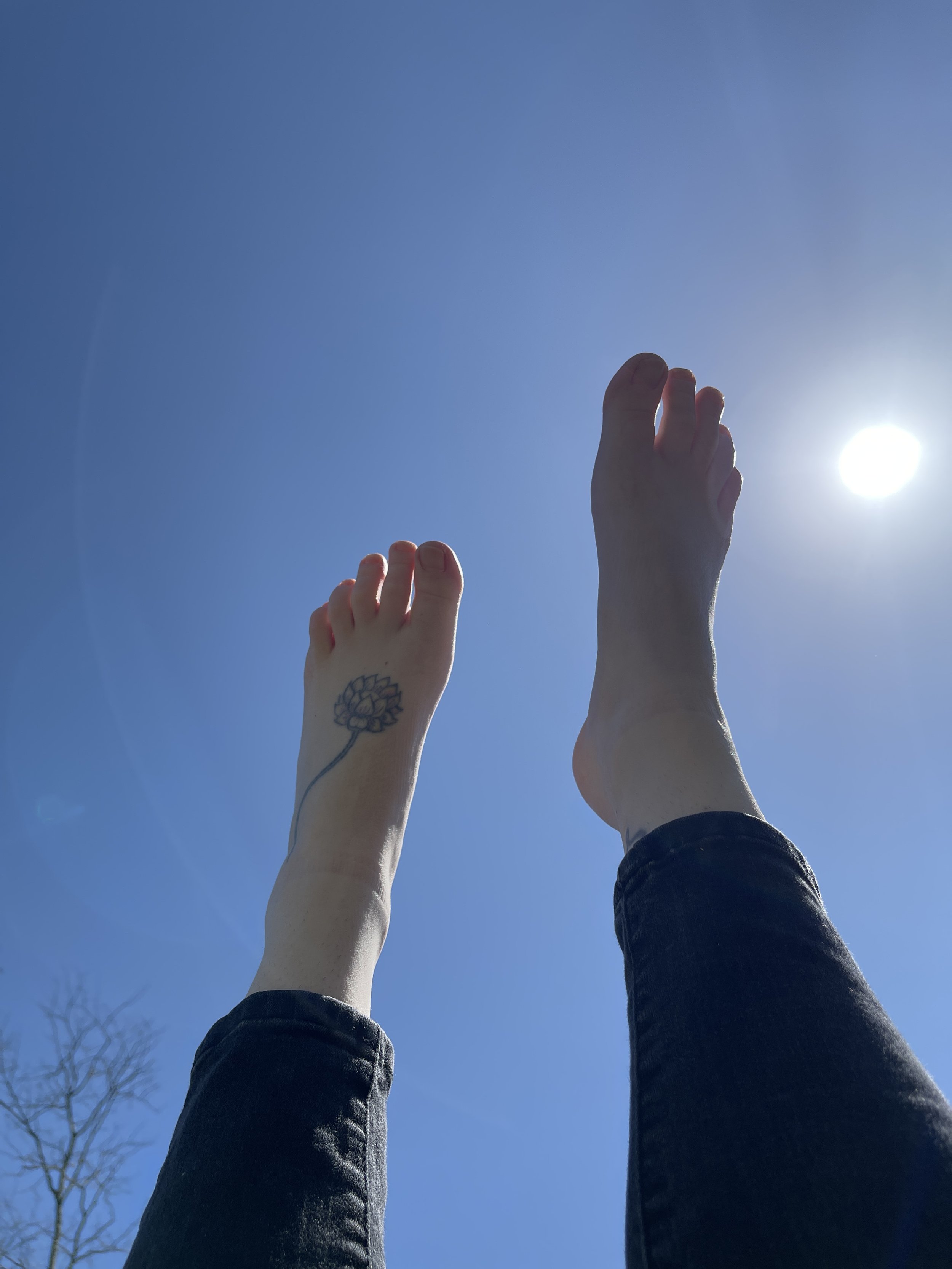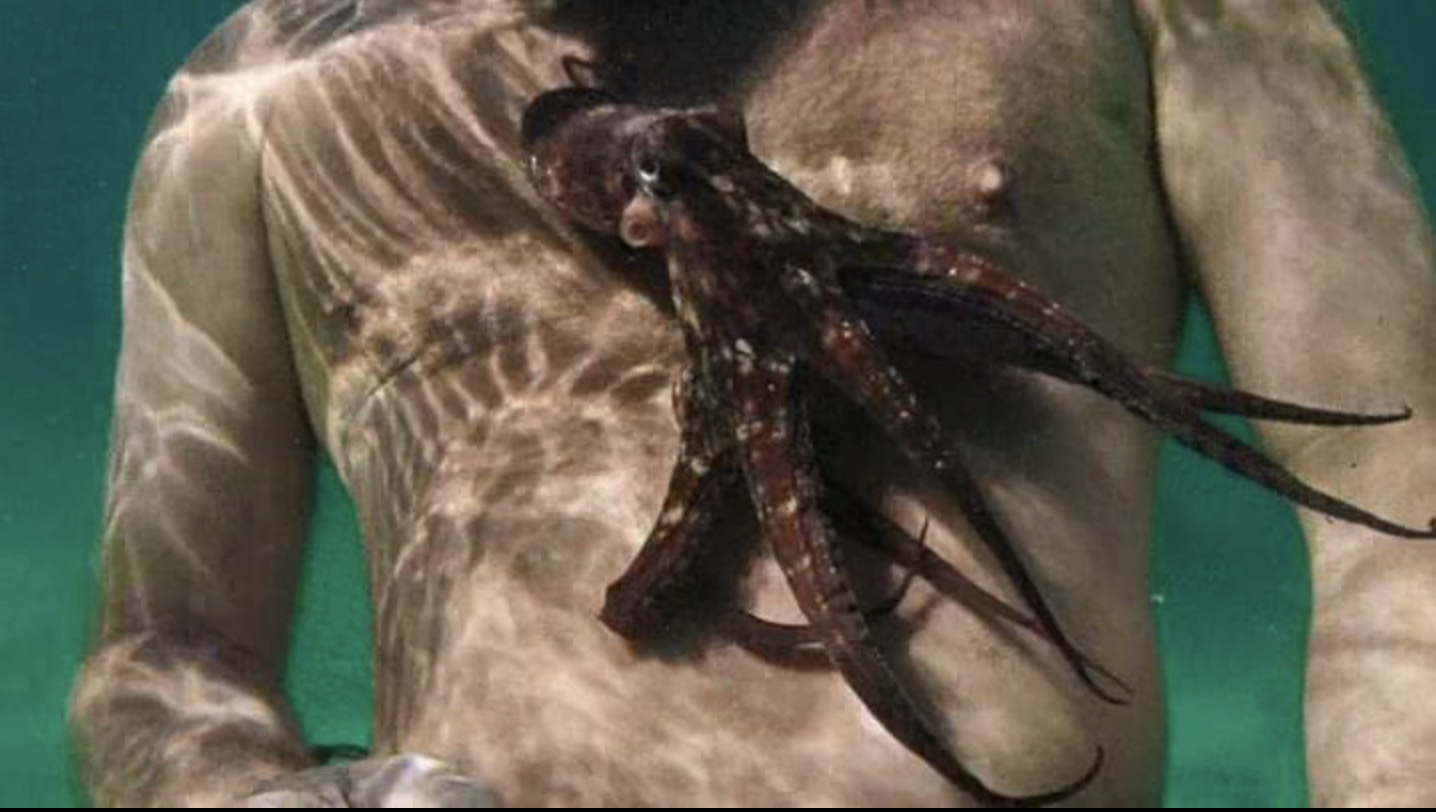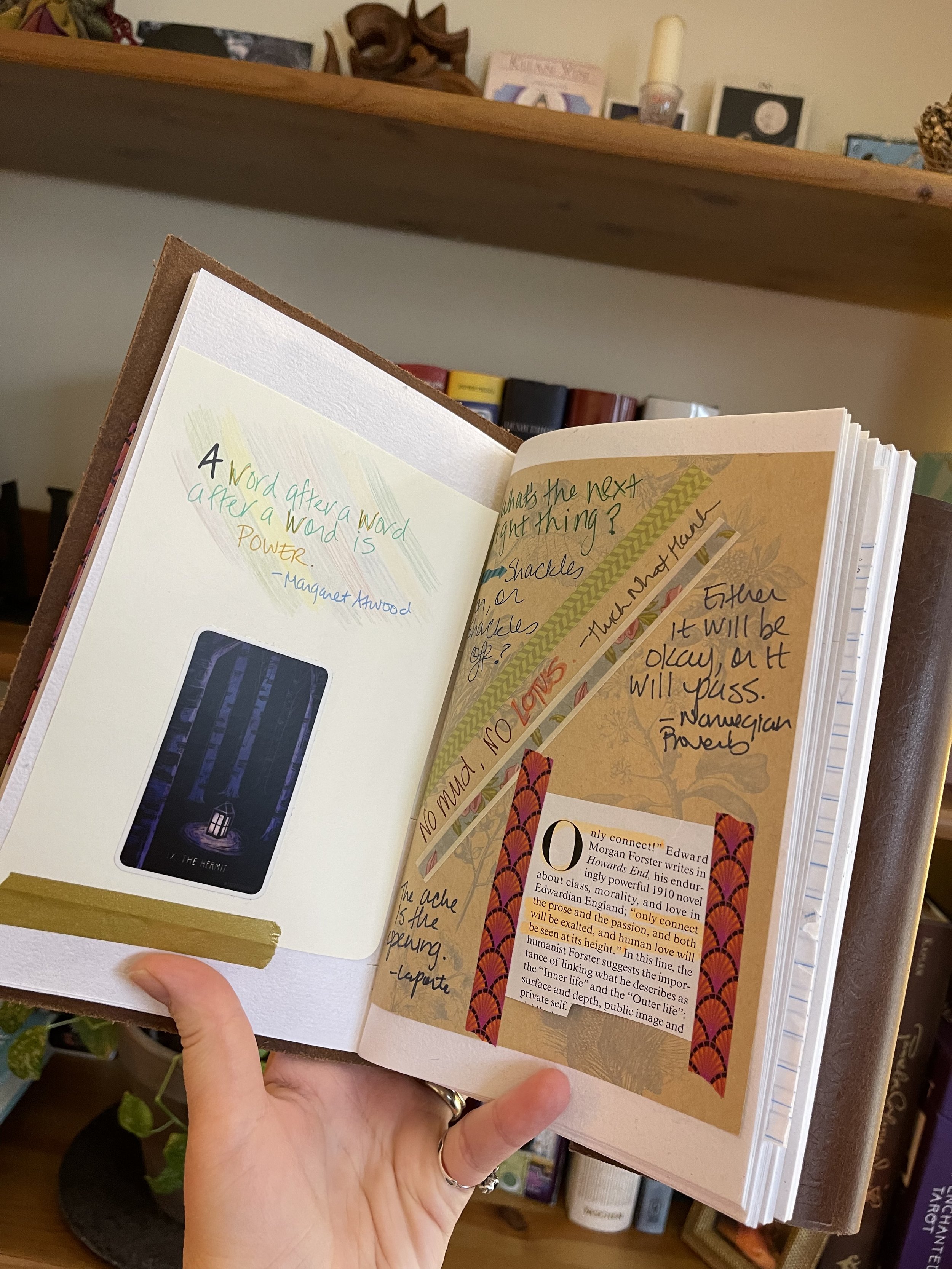“You can’t use up creativity. The more you use, the more you have.
”
We talk a lot in this Lotus & Pen space about mental hygiene and mindfulness and how to care for yourself in and out of the writer's seat.
One form of care I know to be essential is that, no matter how busy life gets, we need ways to continually be challenging and growing as writers.
I'm not talking about taking another class or reading another craft book - good things, yes (I am an MFA professor, after all); in engaging that way, we're often just stuffing our heads with more information, when what we need is
s p a c i o u s n e s s.
What would it look like to grow without picking up another book, taking another class, listening to another podcast?
My friend Minna has taken to using the term "low-key" when talking about hang-outs. They do this to signal an understanding that we are all exhausted and that spending time together doesn't have to be a whole thing. We can just low-key, low-stakes hang out.
And, so, in that spirit, I want to share some low-key ways that you can grow this upcoming fall season, ways that you can catch that back-to-school energy but avoid the sometimes manic panic that comes with setting impossible deadlines for yourself. (Such as, I will finish this book I've barely started by Christmas. That kind of thing).
Breakthrough sessions look different for every writer because it depends on why they want to do 1:1 work in the first place. For some, it's a space where we're looking to build up their confidence after a tough writing season, or to get them into a strong writing habit that works for their life. For others, it's about cracking the code on a project: lots of brainstorming, exercises from me, generative work. Others may be struggling with the inner critic or on the verge of giving up or not certain how to navigate a project that is throwing them into an emotional tail-spin.
Often, writers schedule these calls because they are tired of breaking promises to themselves, of watching yet another year slip by where the writing just...didn't happen. By the end of our time together, we've done the work to get them back on track.
Whatever the reason, I make sure that our call includes lots of exploratory work they can do on their own. Homework! Because I'm a nerd.
Below are some of the generative activities that came out of recent 1:1 Breakthrough Calls with writers. Take what's useful and leave the rest.
One writer wanted to "foster delight" in her writing practice while she's working on a painful memoir. She happens to be very curious about middle grade despite being a literary author, so we came up with a reading list of middle grade books and gave her permission to take breaks from the memoir to explore playing around with a middle grade story.
This same writer needed support in and out of the writer's seat because working on personal and traumatic material is deeply activating. I shared several sections of a curriculum I wrote for UCLA on building a mindful self-compassion toolbox when writing trauma. These include mindfulness, meditation, and writing practice.
One writer I did an editorial critique for discovered in our call that he might have Complex PTSD. This came out of my notes that the protagonist presented this way, but that we didn't know where this came from. I suggested he read Arielle Schwartz's fantastic primer, A Practical Guide to Complex PTSD. I'm not able to diagnose him, but, armed with this knowledge, he can now bring this possibility to a helping pro AND deepen his character on the page by understanding her mental health landscape.
This same writer wasn't sure how to do this work of building the complex PTSD of his character's background, so I forwarded him my Story Genius Cheat Sheet, which shares some great side-writing exercises from that book. Of course, he also has my Unlock workbook and 31 Days of Writing workbook.
A writer I've been working with for years who has a very strong practice was recently hit with several health issues and has found it very difficult to focus at home. We talked about how she might spend a couple days a week at a co-working space or coffeehouse, but that doesn't work for her. What we landed on was deepening her mindfulness practice and using labeling to help her be aware of her habit energy. When a package is delivered, she doesn't need to get up and get it right away, as others in the home can do that. So when the urge to get up comes over her, she can label this, "Package." Just that simple action breaks her out of knee-jerk reactions to outside stimuli that unnecessarily take her from her writing. We combined that with a phrase that really helps her that she wrote on a post-it above her desk to stay focused on her goal of finishing this revision.
Another writer who's working on a memoir is really uncertain as to whether it's actually a memoir or non-fiction. Over four Breakthrough calls, we've done a multitude of exercises to figure out what the book she wants to read is, articulating what she wants to say and who her audience is, and looking at different kinds of structures she might use. We looked at the concept of psychic distance, interrogating all the threads of her story, and sought out guiding metaphors. This involved studying her comp titles, writing an annotated bibliography, and writing the jacket copy, lots of side-writing exercises that I curated for her, some RAIN meditation to support her in this difficult work, and more.
Another writer is working on a new project and re-considering her process. She got stuck on a particular chapter, so we looked at what might be behind that. We realized she was telling herself a story that she's wasted time since having her child and worked on ways to reframe that story so that she can see all the amazing things she has done in that time, the wisdom she's accrued, and how all of that is supporting this current project. We created what I call a "proof pudding" list and she's beginning to interview herself (as though she were being interviewed by the Times) to practice articulating her project, how she got unstuck (this allows her to workshop ways she might actually break through in this chapter), and to send subtle signals to her unconscious that she's got this. We complemented this work with some loving-kindness practice.
These are just a few of the writers I've been working with recently - I could share so many more examples of all the unique ways writers and I roll up our sleeves to look at their individual concerns. This kind of 1:1 support is so essential for writers. Remember, we are an apprenticeship craft. And writing is FAR more collaborative than most people realize.
This is the kind of game-changing work that's worth investing in. In these calls, we look at your shadows, we dig into the tough stuff, we don't make excuses. We get concrete about solutions, about reality vs expectations. We seek to understand what parts of you are scared, holding back, protecting you from failure. We also get buzzy and generative and play jazz with your ideas and hopes and projects.
This is the closest thing to writer therapy I can think of. These calls aren't only about your writing or your career: they're about building a healthy life as a creative in this world. From relationships, to community, to personal spiritual practice, to lifestyles that support your mental health and creativity.
If this sounds like something you need this fall....you know where to find me!
For those of you who are committed to getting a lot of writing done in this season, I thought it'd be fun to share Ursula Le Guin's writing schedule. Note that she has three hours for preparing and eating dinner and that she gets silly after hours!
Making time to care for yourself, spend time with your loved ones, and "be very stupid" is just as important as getting that writing in.
I also like that she thinks in bed for a solid 45 minutes. That's a cool process! And that she eats lots of breakfast and spends two hours on reading and music. Obviously there is no childcare here or day job, but it's a joy to see how full she allowed her life to be, isn't it?
Here’s to joy and breakthroughs and many, many words!
